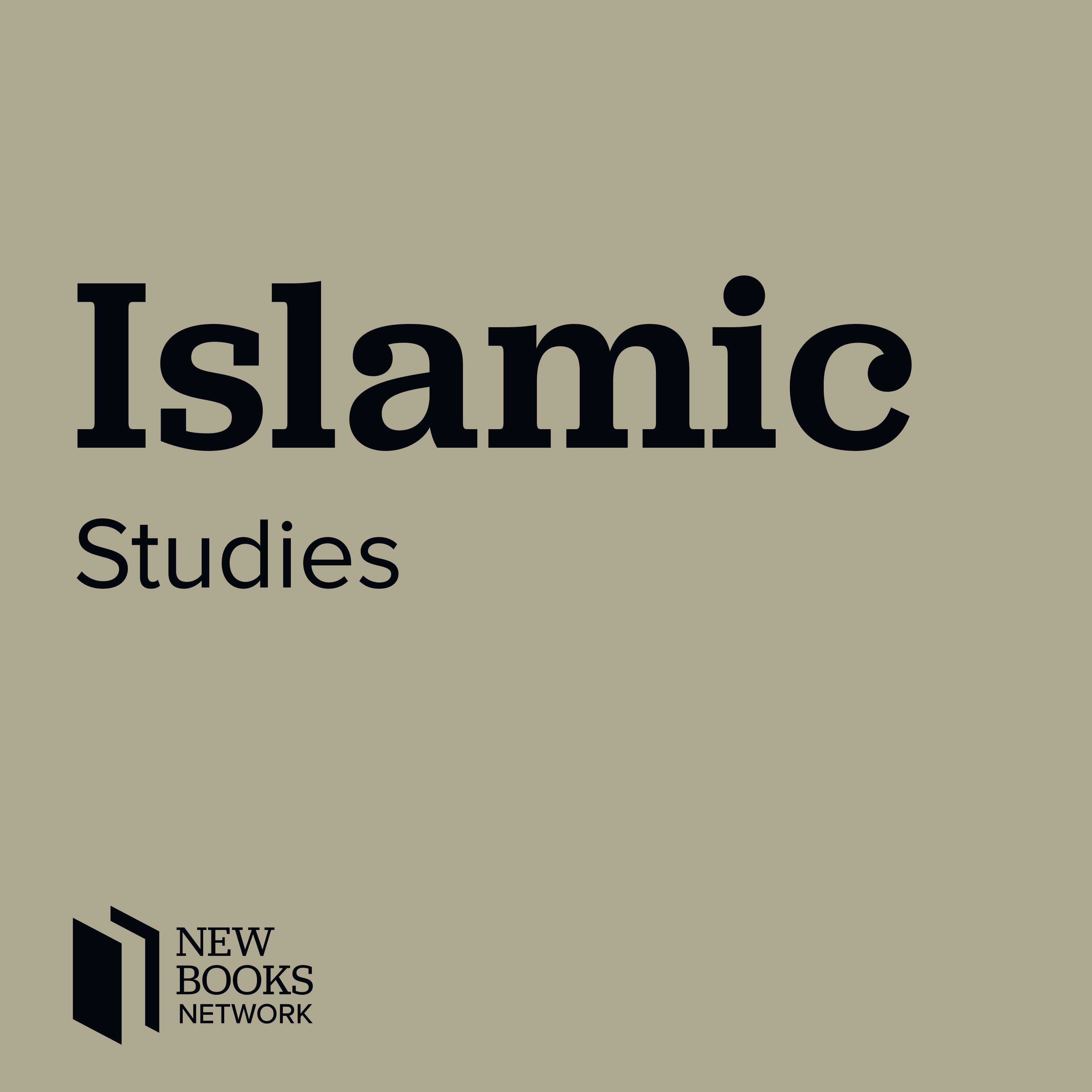Nur Sobers-Khan et al., "Beyond Colonial Rupture: Print Culture and the Emergence of Muslim Modernity in Nineteenth-Century South Asia" (2023)
Description
Scholarly discussions on Islam in print have focused predominantly on the role of Urdu in the development of North Indian Muslim publics (Dubrow, 2018; Robb, 2020), ʿulama and Islamic jurisprudence (Tareen, 2020) and relations between Islam and colonial modernity (Robinson, 2008; Osella & Osella, 2008).
This special issue of International Journal of Islam in Asia (Sept, 2023) instead offers fine-grained investigations on technology and labour; print landscapes, networks and actors; subaltern languages; and popular Islam. We critique the idea of an “epistemic rupture” brought about by colonial modernity, providing a more systematic analysis of continuities and changes in Islamic knowledge economy. Examining two centuries of print authored by South Asian Muslims, the articles in the issue provide new ways of thinking about questions of knowledge production, distribution, circulation and reception. The issue broadens the scope of earlier scholarship, examining genres such as cosmology, divination, devotional poems, salacious songs, romances and tales of war in Urdu, Persian, Arabic, dobhāṣī do Bangla, Arabic Malayalam, Sindhi, Balochi and Brahui. The articles show the different ways that pre-colonial practices and cultures of writing and reading persisted in the print landscape, in terms of copying, adaptation, translation and circulation of texts. They inquire into new technologies, labour and networks that evolved, and how it provided fertile ground for both new and traditional forms of religious activities and authorities. The articles present new Muslim publics, geographies, and imaginaries forged through the vernacularisation of Islam, and their relationship to the transnational or global community.
Nur Sobers-Khan is a researcher and curator of Islamic manuscripts, art and archival collections. She served as director of the Aga Khan Documentation Center, a research centre and archive for the study of visual culture, architecture and urbanism in Muslim societies (2021-22).
Ahmed Yaqoub AlMaazmi is a Ph.D. candidate at Princeton University. His research focuses on the intersection of law, the occult sciences, and the environment across the Western Indian Ocean. He can be reached by email at [email protected] or on Twitter @Ahmed_Yaqoub. Listeners’ feedback, questions, and book suggestions are most welcome.
Learn more about your ad choices. Visit megaphone.fm/adchoices
Support our show by becoming a premium member! https://newbooksnetwork.supportingcast.fm/islamic-studies
More Episodes
In Terracene: A Crude Aesthetics (Duke UP, 2023), Salar Mameni historicizes the popularization of the scientific notion of the Anthropocene alongside the emergence of the global war on terror. Mameni theorizes the Terracene as an epoch marked by a convergence of racialized militarism and...
Published 05/05/24
How are notions of justice and equality constructed in Islamic virtue ethics (akhlaq)? How are Islamic virtue ethics gendered, despite their venture into perennial concerns of how best to live a good and ethical life? These are the questions that Zahra Ayubi, an assistant professor of religion at...
Published 05/04/24
Published 05/04/24


